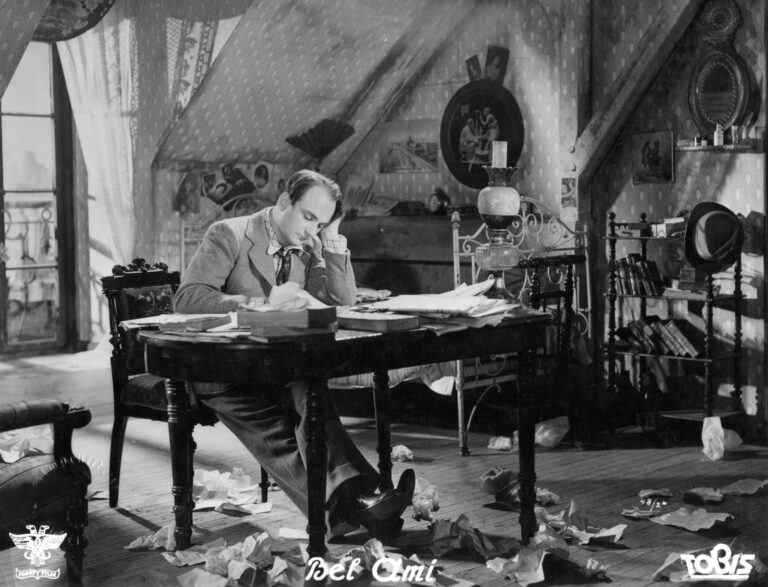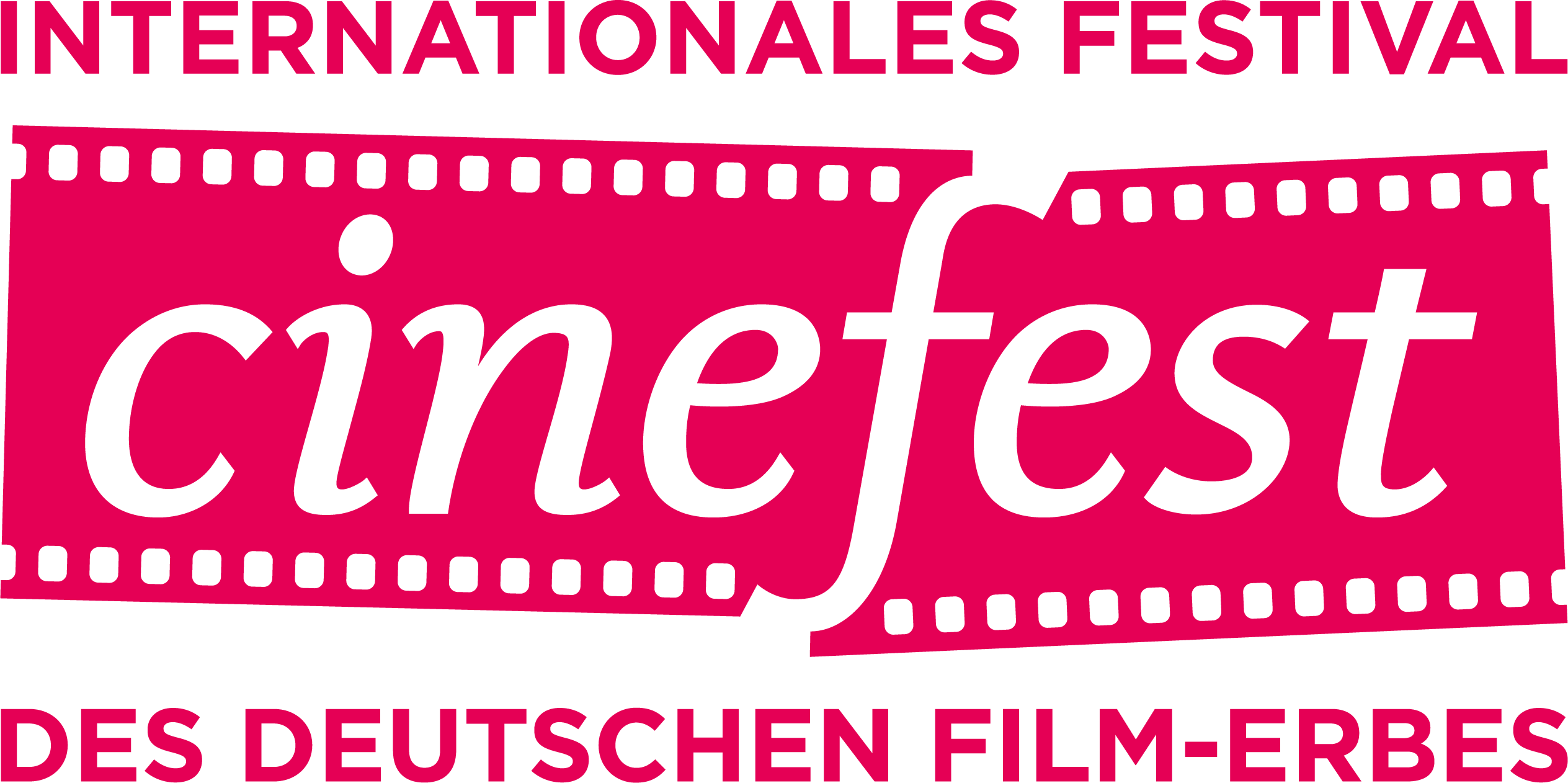ATTENTION! MUSIC ...
Between Film Comedy and Musical
36th International Film History Conference
22 (Opening) – 25 November 2023, Hamburg

Following the success of stage operettas and revues as well as some silent film operettas, the popular genre of sound film operettas and musical comedies emerged in Germany after the introduction of sound film in 1929. (cf. the CineGraph conferences in 1997 and 1998).
After the Nazis came to power in 1933, a large number of directors (e.g. Wilhelm Thiele), authors (Fritz Rotter, Felix Joachimson/Jackson, Hermann Kosterlitz/Henry Koster, …), composers (Jean Gilbert, Friedrich Hollaender, Paul Abraham, Mischa Spoliansky, Hans May, Werner Richard Heymann, …), and stars (Jan Kiepura, Marta Eggerth, Max Hansen, …) involved in this genre were driven into exile. Most of them were eventually able to migrate to Hollywood or London via Vienna/Budapest.
The thematic goal of this year’s festival and conference is to investigate how the mingling of artists with a diverse variety of traditions and cultures influenced the development of sound film operettas and musical comedies.
There will, of course, also be a focus on the development of German cinema with revue film as well as a look at other exile countries where some emigrants settled (e.g. Netherlands, Great Britain).
Traditionally, we also look at the influences and careers of filmmakers who came from Prague and the imperial and royal empire (Franz Schulz, Hanns Schwarz, Billie Wilder, Anny Ondra, …) and developed their careers in Weimar cinema and beyond.
The 36. The International Film History Conference is part of cinefest, where the topics of the festival are explored in greater depth in lectures and discussions. It will also be made available as a hybrid event streaming online. We have invited national and international experts to the conference. The focus is particularly on the fields of exile film, production history and music history.
The conference is divided into thematically coordinated panels. On the evening of November 22nd he opening will take place in the Metropolis Cinema. The lectures will take place from November 23rd to 25th, 2023 from 9:30 a.m. to 4 p.m. in the university guest house. Afterwards, a supplementary film program will be presented in the Metropolis cinema from 5 p.m.
In the first panel, “Music and Migration,” Jan-Christopher Horak and Heike Klapdor will introduce the topic by giving an overview of the history of music films in Germany, particularly with a view to the exile history of many of the filmmakers involved.
This will be followed by the panel “Defining Music Film”, in which Wolfgang Trautwein examines Werner Richard Heymann’s sound film operettas and the possibilities of describing music films.
The “Directing” panel focuses on directors Wilhelm Thiele and Hanns Schwarz, who had a significant impact on Ufa’s music film tradition in the early sound film era.
In the panel “Singing”, Andreas-Benjamin Seyfert examines Max Reichmann’s films featuring the tenor Richard Tauber, while Jonathan Schilling explores role patterns and topoi in films with tenors as the main actors. Karl Griep and Daniel Otto look at the interests of the German film industry and their pull and push effect on foreign artists.
In the “Acting” panel, Marie-Theres Arnbom will speak about the singer and actor Max Hansen, who emigrated to Sweden after the Nazis came to power, where he became one of the most famous artists of his time. Tobias Haupts focuses on the actor Paul Hörbiger in his lecture and examines his involvement in the poetics of music (films) with a particular focus on the films during the National Socialist era.
The final panel “Composition” deals with (film) composers who are partly forgotten today, but who were well known in their time. Geoff Brown talks about Hans May’s experiences in exile, while Réka Gulyás introduces the Hungarian composer Mihály/Michael Eisemann.
The conference is supplemented by presentations on the status of digitization in the Federal Archives: Petra Rauschenbach (head of the film archive department) presents the new digital reading room of the Federal Archives and Christian Hanger (head of the archive technology and central professional services department) explains the path from the film roll to the file.
program
The presentations are scheduled to last about 25 minutes and will then be discussed in plenary. Conference languages are German or English. (No live translation available). The conference will take place in hybrid form (presence and video stream). Those accredited for the in-person event have access to the cinema events from November 22nd to 26th, 2023.
36. International Film History Conference: Day 3
Following the conference, the revised presentations will be published in a book, which will be published by edition text+kritk in autumn 2024.
In preparation for the conference and festival, an internal screening colloquium took place in Berlin from May 11th to 14th, 2023, on 11. + May 12th in the Federal Archives, Location Lichterfelde, and on 13. + May 14th in the Zeughaus Cinema of the German Historical Museum – due to renovations in the auditorium of the Pei Building.
XX. cinefest– International Festival of the German film heritage and the 36. International Film History Conference are organized by CineGraph Hamburg and the Federal Archives in cooperation with Creative Europe Desk Hamburg, the university’s guest house and numerous national and international institutions.
Conception: Hans-Michael Bock, Erika Wottrich
Consulting: Petra Rauschenbach, Geoff Brown, Jan-Christopher Horak, Jan Distelmeyer
Organisation: Erika Wottrich, Justina Bielicke
Coordination Bundesarchiv: Sabine Lang
Technical support: George Riley


